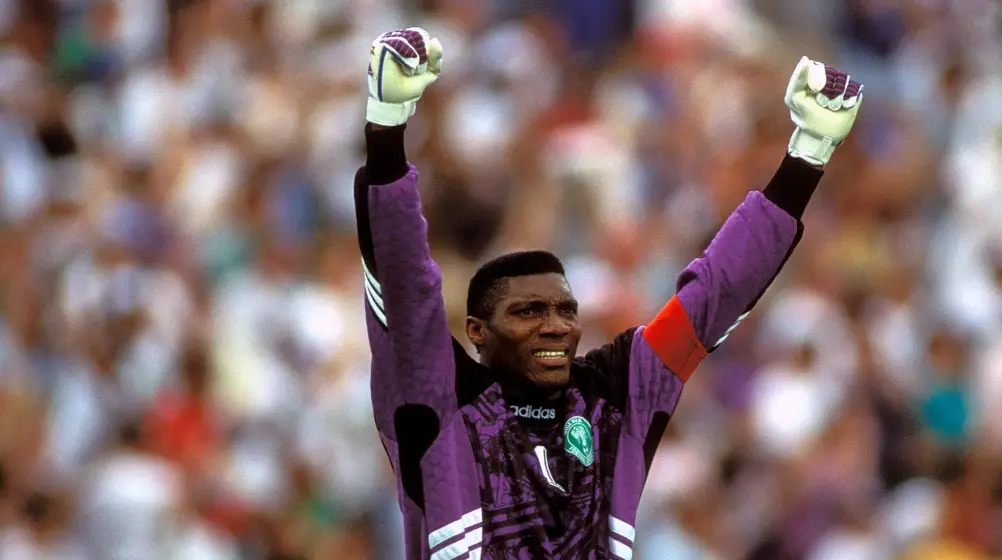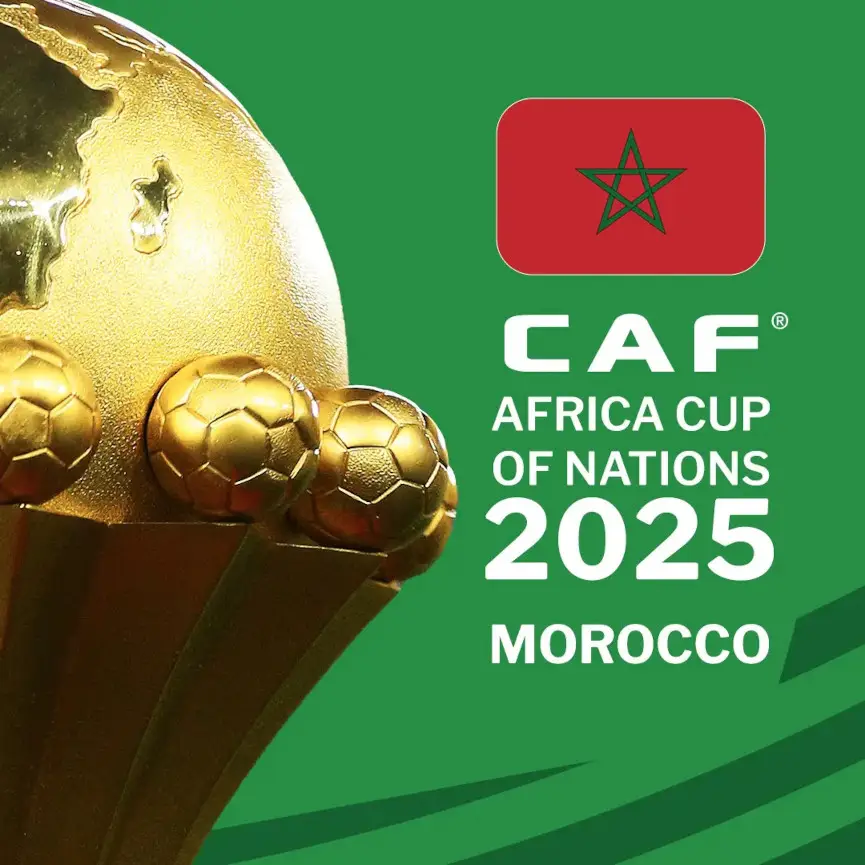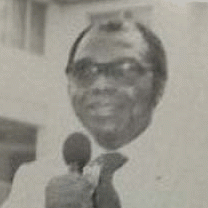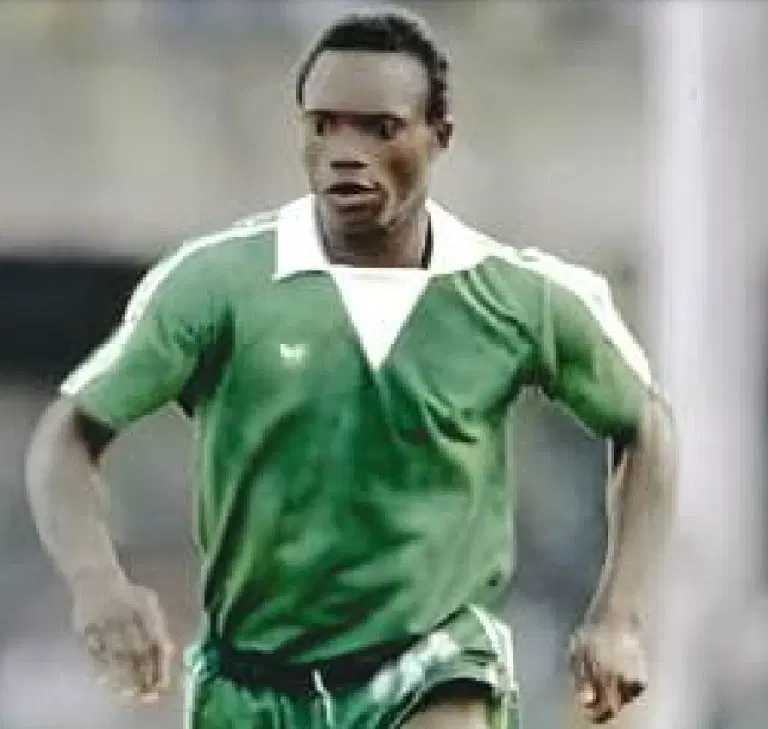I have been following the FIFA confederation cup matches in Russia with interest since it started. My main focus has been Cameroon and Germany.
I guess my interest in the Cameroon national team is understandable. Nigeria and the Cameroon will be playing in the month of August in two crucial matches between them to determine the country that will represent Africa from their group at the 2018 World Cup in Russia.
For the Cameroonian team the confederation cup provides an excellent opportunity to build up their team and amass useful playing time against high level opposition as preparation for the do-or-die match against the Super Eagles of Nigeria.
Winning the African Cup of Nations earlier in the year and reinforcing that with a competition that is turning out to be a dress rehearsal of what to expect at the World Cup proper next year, Cameroon cannot have a better preparation and a better psychological boost than the experience at the confederations cup where they have done very well, considering that when they won the Afcon earlier this year their victory was not very convincing. The team was one of the weakest ever presented at the African championships by the giant African football nation in their history. That victory was more a commentary on the declining level of African football at national team level at this time than confirmation that the Cameroon are the best national team in Africa, which they are not!
So many African players ply their trade in the European leagues that the time to build rock solid national teams is not available. So, what countries settle for is a hurried assembly of relative strange bedfellows coming together for a few days attempting to play like a team. We did not therefore see the best of African football in display. That’s why a ragged team such as the Cameroon in Afcon could struggle through all their matches and still end up African champions!
Between then and now have been several useful months, and with this invaluable competition comes the opportunity to blend the team some more before confronting Nigeria, a team that is also struggling psychologically and technically to recover from the humiliating defeat on home ground by South Africa’s Bafana Bafana a few weeks ago.
That’s why the World Cup qualifier between Nigeria and Cameroon will be ‘war’. The Confederation Cup is a big booster for the Cameroon. They played extremely well, advertising the African football with the display of their usual physicality, pace and power football.
How the Nigerian team will respond to this much improved Cameroon national team that will be playing with greater confidence after watching the Eagles fall last month in Uyo, will be their ultimate test and will determine their fate in the 2018 World Cup quest.
That’s why I have been watching the Cameroonians closely in Russia. They now pose a much bigger threat to Nigeria than earlier this year when they came out of a slump in their national football to become African champions.
A truly intriguing match beckons in Port Harcourt, Nigeria in August. The Super Eagles must beware the Indomitable Lions.
My other interest in Russia are the Germans.
I am learning a thing or two from watching them methodically and steadily climb their way to the apex, once again, of global football, even an emerging young national team that surely is rehearsing for Russia 2018.
I understand the game of football well enough to see through what Germany have done to the game since 2006 when they hosted and failed to win the World Cup. They had not won the World Cup since they last did in 1990, and to lose the opportunity playing on home soil 16 years after meant something was seriously wrong and something drastic had to be done.
The Germans went back to the drawing board and do a major turnaround of their domestic football as a panacea to their dwindling fortunes in international football.
It was reported at the time how the German Football Federation assembled over 400 coaches from all over Germany, ‘locked’ them all up in a conference room, and gave them the orders to end their long drought of victories at the highest levels. Getting to the finals was no longer good enough for them. Winning meant everything.
So, in typical German tradition they broke down their football to basic elements and reconstructed it with new solutions.
It took 8 years and two further failures at winning the World Cup to get there. In 2014 all the hard work and restructuring came together and Germany joined the small league of countries that won the World Cup outside the continent to which they belong.
The answer is what the world is further witnessing now in the confederation cup in Russia – a well-oiled German football machine!
The Germans are presently one step ahead of every team in the world, including probably their greatest rivals – Spain.
Without too much technical fuss a new generation at national team level has taken over and is winning with methodical ease in Russia.
Since their resurgence to the top they have won the European and World Cups, and will probably add the Confederations Cup (for the first time in their history) to their haul this weekend if all goes well against Chile.
I have been watching the Germans, their disciplined organisation on the field, mass attack and mass defense, patient build ups, quick counter attacks, less emphasis on the individual players and more on the team formations, all built around a well-organized, disciplined passing game.
I have always known that the main difference between African football and the more advanced football cultures in the world is in the quality of discipline and organisation of the teams, how the entire team plays as close to a unit as possible, making every second of the match look like the product of a well-rehearsed script. As with every team sport the most difficult thing to achieve is to succeed in understanding what the team will do at all times, as a unit, with or without the ball. It is great to have exceptional players in a team, but better still to have an exceptional group of players.
African countries should learn from the German example, how they rose from the droughts of the 1990s and early 2000s to the present oasis, how they restructured their domestic football to impact their national teams. It is surely an interesting case study for students of football.








Latest Comments